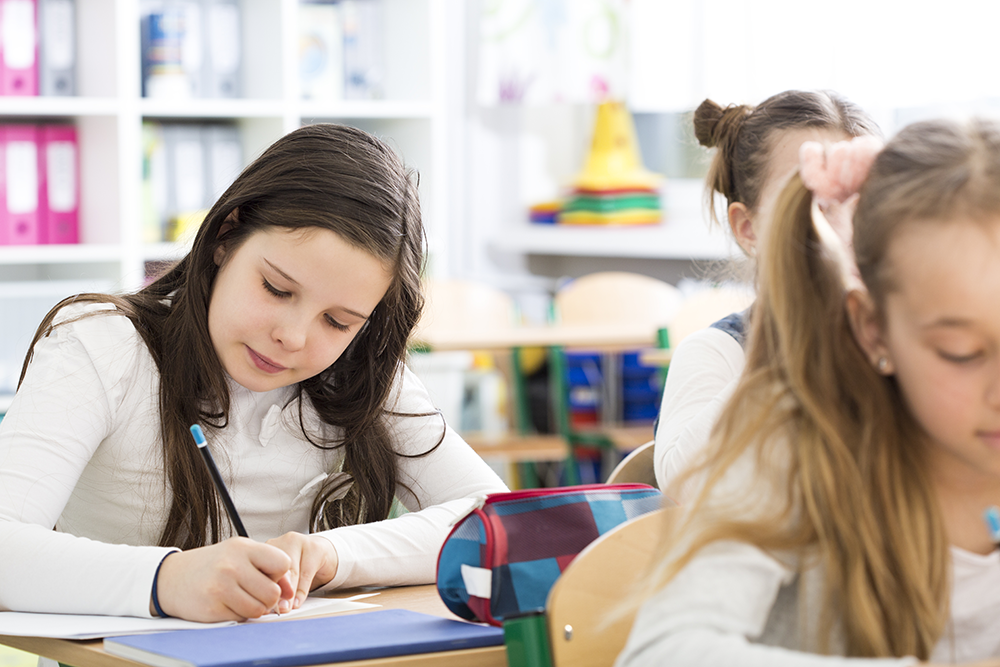The New Year is a great time to look back on the previous term at school and set realistic goals with your child for the future. These goals, or resolutions, can help to give children the motivation to do well at something they’ve been struggling with or to learn something new which interests them.
Reflecting on 2014 and looking forward to 2015
Start by looking back on 2014 (here is a printable review sheet to help you with this). The review will help to identify any strengths and weaknesses, likes and dislikes and allow you and your child to reflect on any achievements or proud moments from the past year. It’s also a lovely way to document each year and keep to look back on. Your child’s answers will help to determine what goals could be set for 2015 (you can also print a resolutions worksheet here) and the steps needed to reach these goals.
Ideas for resolutions your child could make
If you make resolutions for your child they will be less likely to keep them. However, you can guide them and use their review of last year to help them find a resolution they can take ownership of. Resolutions are generally easier to stick to if they are quite specific, so instead of “be more independent”, a better way of achieving this might be, “be more independent by packing my own school bag and laying out my uniform each evening, ready for the next day”.
Other simple resolutions could be to complete homework each evening without being prompted, to hand homework in on time each week, to read each evening before bed time, to improve handwriting, or to learn a new skill, such as playing an instrument.
Whatever their resolution, it needs to be realistic. A goal of “flying to the moon in 2015” is unrealistic, but a simple resolution in the same subject area, such as “In 2015 I would like to learn more about space” is achievable. It can really boost their confidence when they reach their goal and who knows, they may well fly to the moon one day!
Younger children may need extra motivation to achieve their goals, such as a sticker chart so they can see how well they are doing. The end result isn’t always as important as the process, but a reward at the end may help them to get there, or simply praising them for their effort along the way.
Print a resolutions worksheet here.
Resolutions you could make as a parent
You may wish to make a New Year’s resolution yourself to support your child’s learning. This could be to take time to chat about your child’s day, to set aside an hour a week to play board games together, to venture outdoors with your child more often, or simply to research a topic your child is learning about at school (how much do you really know about the Ancient Greeks?) so you are better equipped to help them.
Setting goals and planning how to reach them are important skills children will use throughout school and the rest of their lives. We all know New Year’s resolutions can be difficult to keep but they can help to give us a positive focus and if your child struggles to reach their goal you can help them to rethink how they will achieve it rather than give up. Remember, if you stick to the resolutions you make, your children will be more likely to follow your example and stick to their own!
Written by Helen Clarke, blogger and Mum to ‘The Princess and The Pickle’



